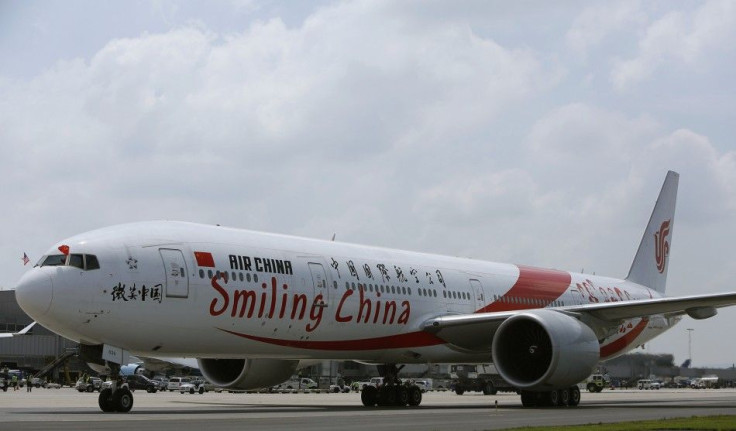Germany’s Lufthansa, Air China Mull Joint Venture on Routes

German airline Lufthansa will be entering into a joint venture with Air China that will see the two airlines share revenue on certain routes in Asia by selling each other's flight tickets. The routes are situated between China and Europe.
The carriers are both members of the Star Alliance, the world's biggest. The other aviation alliances are SkyTeam alliance and Oneworld alliance.
"We aim to deepen and further expand our relationship in the face of rising competition from other airline alliances," the WSJ quoted an unidentified official at Air China.
The routes on which the two airlines will share were not revealed as of yet.
This won't be the first time an agreement of sorts will be made between Lufthansa and Air China. In 1989, the two airline firms created Ameco Beijing which was an aircraft-maintenance joint venture, according to the WSJ. Majority or 60 per cent of the partnership was controlled by Air China, while Lufthansa owned the rest. The first ever code-sharing agreement between the German and Chinese was signed in 2000.
Reuters reported Lufthansa had been talking with Air China for months now. It wants to strengthen its position in Asia, where Dubai-based Emirates and Turkish Airlines have been expanding.
"European carriers are seeking stronger ties into growth markets like China to offset shrinking European business," investment research portal Seeking Alpha said. "Joint ventures allow airlines to closely coordinate operations and ticket pricing. On certain routes, the airlines can even operate like a single carrier without violating antitrust rules."
Lufthansa has existing revenue-sharing joint ventures with Air Canada, Japan's ANA Holdings and U.S.-based United Continental Holdings.





















